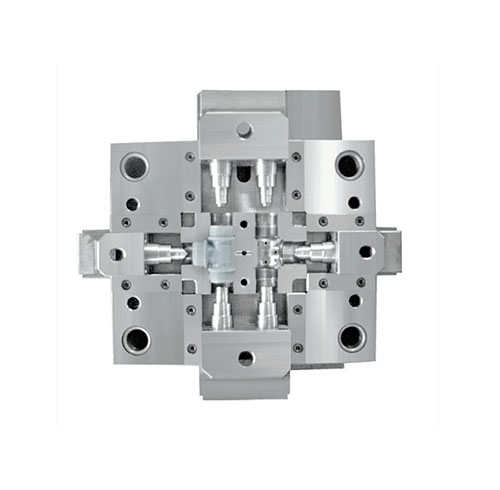Hello, welcome to Dalian Kaide Precision Machinery Co., Ltd!

哈希私彩Dalian Kaiman Technology Co., Ltd
Dalian Kaide Precision Machinery Co., Ltd
Contacts:Sun Zong
哈希私彩Mob:+86-13555929577
Tel:+86-0411-88026630
Email:dlkdjmjx@163.com
URL:jingzhest.com
Add:Fuquan Construction Group Hospital, Zhanqian street, Jinzhou District, Dalian
Non standard parts machining refers to the production of parts in a non-standard or customized manner based on customer needs and requirements. Compared with traditional standard parts, non-standard parts have the characteristics of complex shape, high precision requirements, and more complex processing technology. The definition of quasi precision machining for non-standard parts mainly involves the following aspects: material selection, processing technology, surface treatment, and accuracy requirements.
1. Material selection is an important aspect of quasi precision machining for non-standard parts. Different materials have different physical and chemical properties, so it is necessary to choose appropriate processing methods and processes based on the characteristics of the materials during the processing process. In general, traditional non-metallic materials such as plastic and wood can be processed using simpler mechanical processing methods at Dalian Precision Machinery Processing Plant, while metal materials with higher strength and hardness such as aluminum alloy and stainless steel require more refined processing techniques and equipment.
2. Processing technology is another important factor in defining quasi precision machining of non-standard parts. Different machining processes have different characteristics and applicability, so when selecting machining processes, it is necessary to consider factors such as the shape complexity, accuracy requirements, and batch requirements of the parts. Common processing techniques include turning, milling, drilling, cutting, welding, etc. If the part has a complex external structure and fine internal structure, more complex machining processes such as wire cutting, electric discharge machining, etc. need to be adopted.
3. Surface treatment is also an important aspect that affects the quasi precision machining of non-standard parts. Surface treatment can improve the quality and performance of parts, including rust removal, cleaning, polishing, chrome plating, spraying, etc. Choosing appropriate surface treatment methods can improve the corrosion resistance, wear resistance, and aesthetics of parts.
4. Precision requirements are an important basis for defining quasi precision machining of non-standard parts in mechanical processing. Accuracy requirements refer to the range of dimensional, shape, and positional deviations that a part can achieve after processing. Usually, non-standard parts have high accuracy requirements and need to consider factors such as dimensional tolerance, flatness, roundness, verticality, parallelism, etc. Precision machining requires the use of more refined processing equipment and processes, such as CNC lathes, CNC milling machines, etc., and requires strict quality control and testing.
In summary, the definition of quasi precision machining for non-standard parts mainly involves material selection, processing technology, surface treatment, and accuracy requirements. Correctly determining these factors can ensure the quality and accuracy of non-standard parts machining, and meet the needs and requirements of customers.


哈希私彩Focus on us
National consultation hotline:
+86-0411-88026630
哈希私彩Tel:+86-13555929577
哈希私彩Email:dlkdjmjx@163.com
Add:Fuquan Construction Group Hospital, Zhanqian street, Jinzhou District, Dalian